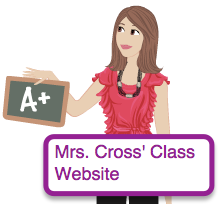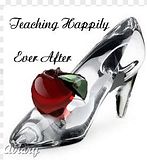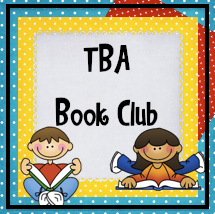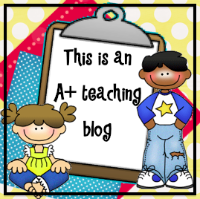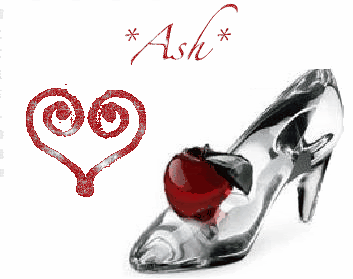
This is the year of evaluations for teachers- particularly in Tennessee! I will have SIX evaluations this year! Whew!
We are getting the EnVision Math series and I still don't have a teacher's manual! However, I do know the academic vocabulary for first grade already, and I'd like to share that with you. I'm also including science because many of those terms overlap with math and are included in this dictionary.
Academic Vocabulary for First Grade- Math
additive pattern attribute bar type graph certain event coin/penny/nickel/dime/ quarter compare cone cube | cylinder difference equal parts even fact family fourths fractional parts greater than | impossible event hour/halfhour measure number facts number pattern number sentence odd ones/tens | rectangular prism repeating pattern skip count sphere sum thirds whole numbers unit |
Science Vocabulary
amount cause clock effect explain graph lake length | measure meter stick month natural resources observe ocean pattern predict | problem recycle ruler similar sort stream structure system | temperature thermometer tool unit week year |
As I look over those words, I think- Wow! Some of these are really complicated! How do I get my little first graders to understand these terms?
I really like the Frayer Model. I think the children could make up their own definition in kid-friendly terms, but then I would use the math dictionary to reinforce it (or to start out with if they aren't familiar with the word). Please understand that this dictionary is targeted for grades 4-9 and they will need scaffolding to work with it. However, they learn amazing dictionary skills and the content included in this book is also appropriate for first grade.
Who am I? Game
An easy game to play with any vocabulary words is "Who am I?". Each student has a foam strip with a velcro dot on their forehead (elastic holds either side of the foam- like a hat). The teacher attaches a secret vocabulary words to the velcro. Students can ask each other ONLY yes or no questions. A student can only be asked 3 questions before they have to move on to a different student. A word bank could be supplied on the board. Great activity with math vocabulary!
Graffiti Wall & Carousal
*Great introduction activity!!!
With this activity, post a sheets of chart board paper all over the room with one vocabulary word written on it (a different word at each sheet). I would probably have 5 words posted and break my student up into groups of four. Have them count off 1-4 and then the ones go stand at this poster, the twos back there.....
Anyway, give each group 1 marker (each group has a different color) and that travels with them. Start the timer and have them write or draw what they think the definition or examples would be. Then rotate around the room (carousal). Here is an example:
What I love about this activity is that students can really construct their own knowledge without the teacher correcting them! When they see their work compared to everyone else's, they make realize that they made a mistake and it really sticks with them. I know this because it happened to me! My group started out with "Cardinal Number" which we mixed up with "Ordinal Number". When we rotated back to our original poster, we immediately realized our mistake. Each group presents their original poster to the class.
ABC Vocabulary Book
First you could have your students brainstorm all the (math) vocabulary words they could think of that start with each letter of the alphabet. Next, as a workstation, the students could create a page for their letter. Here is an example:
Line1: A noun
Line2: Two adjectives
Line 3: Three -ing words
Line 4: A phrase
Line 5: Another word for the noun
Here is my example for the word "Fraction." The format we used didn't have the -ing words. Also, the fifth line should read "Fractions let us share"
Tagxedo & Wordle
A high tech option is to create a wordle or tagxedo with vocabulary words.
You could have a parent volunteer type in the words the students created to come up with a Tagxedo like the star below.
Glogster
Glogster is a multimedia poster online. It's basically a poster that can incorporate movies, audio, and interactive images. This could be a great idea for older kids to demonstrate a concept! I've seen it done with firsties, too- but it's alot more complicated! You can sign up for a free educator account or view the best glogs around.
So, if you need a great book to reinforce academic vocabulary for math, this is it!
The book includes kid-friendly terms. Examples:
Decrease- To make less (smaller)
Difference- The answer to a subtraction problem. Example: 7-5=2 2 is the difference between the numbers.
Many problems also have great pictures to explain in more depth. This particular dictionary breaks it up into these sections: Whole numbers and operation, measurement, algebraic ideas, geometry, decimals, fractions, percents, and ratios, quick reference guide; learning with manipulatives (Great teacher resource section!!!); Tables and charts; measurement conversion tables; basic math tools and equipment and an index. This book would be an excellent addition to any teacher's library and is also a great homework helper for older students (3rd grade and up). I would highly recommend this book for any teacher!
If you would like a copy of Math Dictionary For Kids, you can use the code MATH25 at checkout to receive a 25% discount exclusive to the followers of this blog! :)
What vocabulary strategies do YOU use in the classroom?






